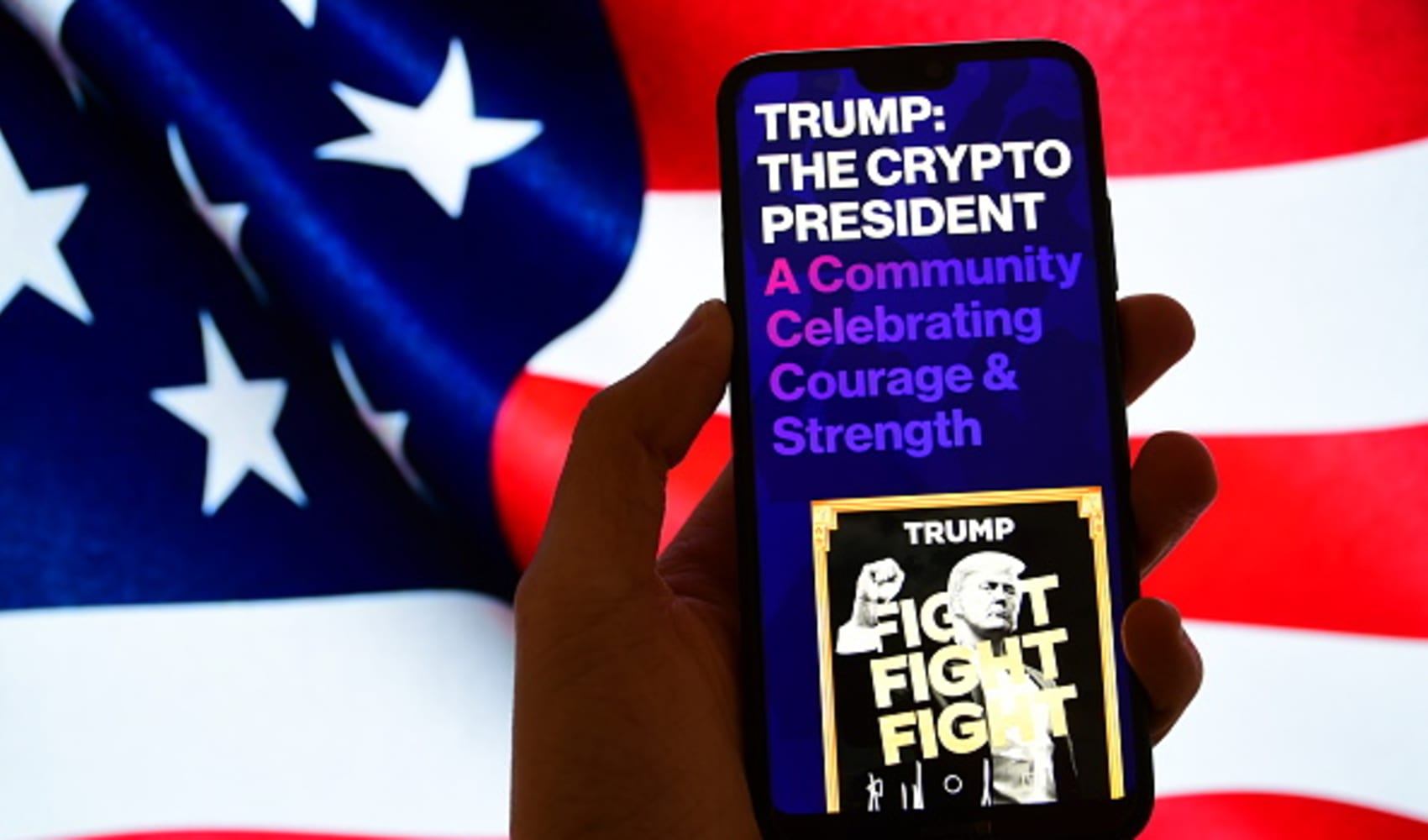
Successful couples use this ‘powerful tool’ to solve conflict, says Stanford psychologist
When psychologist Caroline Fleck first learned about the "rapoport technique" she thought it would be a "disaster."
The strategy, developed by renowned psychologist John Gottman and used during couples therapy, asks one person to express their perspective and the other to write down what their partner is saying and then read it back. If they get parts wrong, the speaker is allowed to correct them. Then, they switch.
Watch NBC6 free wherever you are
Fleck, who is an adjunct clinical instructor at Stanford University and author of the upcoming book "Validation," couldn't see how the exercise was supposed to help people in a heated argument.
"I am basically intervening in the middle of the conflict to get people to do a writing assignment," she says. "I thought, 'This is not going to go well.'"
Get local news you need to know to start your day with NBC 6's News Headlines newsletter.
To her surprise, it was extremely successful. "It's one of the most powerful tools in my therapy arsenal," she says.
When people are required to slow down and actually hear their partner's side, they are validating their partner's experience. And that, Fleck says, is often what's missing when couples are trying to find their way out of a stalemate.
'They start really listening'
Money Report
Validation is "widely misunderstood," Fleck says. It's often confused for praise or approval. Really, it's just acknowledging that what another person is going through is real.
Expressing validation is especially important during fights, when most people are fixated on being right.
"Over the course of a 20-minute argument people are just repeating the same points," Fleck says. "They're coming out in different ways, but they are repeating the same point because they don't feel heard."
Accurately recording what your partner says can demonstrate that you are, in fact, hearing them.
"[The couples] stopped coming up with their counterargument, and they started really just listening," she says. "I'm not saying they have to understand or even empathize with the other person's perspective. I just want them to hear it."
This recognition immediately decreases tension and serves as a first step toward finding a solution.
'We have this innate negativity bias'
Oftentimes arguments escalate because people feel judged. This exercise can combat that perception.
"In the absence of feeling accepted, folks are unlikely to be able to change the things that they need to work on," Fleck says.
Even if you think you're being helpful by offering up a solution, there is an underlying message that you think the other person is doing something wrong.
"We have this innate negativity bias that causes us to focus on what we don't like in a relationship or what can be fixed, which is very evolutionarily adaptive, but in relationships it is a disaster because it means that we tend to focus on what's wrong," she says.
By telling your partner that you understand where they are coming from and that the mood they are in or experience they are having is difficult, you are stripping the conversation of judgement.
And once you both feel understood, it's easier to work toward a solution.
Want to up your AI skills and be more productive? Take CNBC's new online course How to Use AI to Be More Successful at Work. Expert instructors will teach you how to get started, practical uses, tips for effective prompt-writing, and mistakes to avoid. Sign up now and use coupon code EARLYBIRD for an introductory discount of 30% off $67 (+ taxes and fees) through February 11, 2025.






